 On Sept. 8, three storms threatened land: from left, Tropical Storm Katia, Hurricane Irma and Tropical Storm Jose, which would intensify into a hurricane. NOAA/NASA GOES Project via The New York Times
On Sept. 8, three storms threatened land: from left, Tropical Storm Katia, Hurricane Irma and Tropical Storm Jose, which would intensify into a hurricane. NOAA/NASA GOES Project via The New York Times
In case anyone was wondering about climate change’s effect on us, this hurricane season has been one for the record books. Meteorologists and experts have said that Atlantic storm systems have been about twice as active as normal this year. We’ve had thirteen named storms this season so far, above the average, with time to spare for the most in a season ever. Of those thirteen storms, seven have been hurricanes. It’s the first season on record that has had two hurricanes at Category 4 or higher to strike the United States mainland. Hurricane Harvey broke the record for the most rainfall, Hurricane Irma broke a record for sustained wind speeds, and for the first time ever recorded we saw two storms, Hurricanes Irma and Jose, reaching 150+ mph winds in the Atlantic at the same time. It is not only the growing strength of these storms that are causing so much damage, but their increased frequency as well.
Some may be skeptical to link climate change to this increasingly scary hurricane season, but the facts are there. If you think of the oceans as the engines that power these storms, then the warmer the ocean is the more powerful the storm has a chance of becoming. While Hurricane Harvey was crossing the Gulf of Mexico, the recorded water temperatures were 2.7 to 7.2°F above average. As the waters warm up, there is more vapor to be consumed by the storm, making it stronger and creating more rain and flooding to be left in its path. The path over which Hurricane Irma passed over in the Atlantic was also warmer than normal, by about 2° F. On top of that, due to rising sea levels, the storm surges caused by Hurricane Irma that hit South Florida were more than half a foot higher than any storm recorded in the state for the past 30 years. There should be little doubt that our contributions towards a warming Earth are not going to make future storms any easier to deal with.

We began working on this shirt as Hurricane Harvey was heading towards Houston. In the short time since then, Hurricane Irma devastated the island of Barbuda, damaged Cuba and many other islands in the Caribbean, and hit parts of South Florida. Hurricanes Jose and Maria cut a path to Puerto Rico where the entire electrical grid has been heavily damaged, and the country may be without power for months. The island, and others around it, are in shambles. Lives have been lost. Infrastructure is destroyed. It reminds us of the warnings that we were told not too long ago. Scientists have been saying for years that climate change will displace people and endanger entire regions. The problem is that their warnings have become reality a bit quicker than we expected.

All proceeds from this shirt will be donated to Direct Relief with the designation of aiding their hurricane relief efforts in Houston, Puerto Rico, the Caribbean, and other affected areas. Direct Relief is a not-for-profit charity organization that provides humanitarian aid around the world, and they have a long standing record of providing emergency services after natural disasters. They were some of the first responders to provide crucial aid in the wake of Hurricane Katrina in New Orleans, as well as supporting relief efforts in the tri-state area after Hurricane Sandy. Their mission is to provide non-discriminatory health care and aid that won’t get caught up in bureaucracy or politicization. Direct Relief also aims to be as transparent as possible, giving donors the ability to direct their money towards specific areas or disasters, and providing information on what is being bought or what facilities are being aided. Their proven experience and transparency has earned them global recognition for their humanitarian efforts, and they have consistently been rated one of the most effective and accountable charities to donate towards.
In some areas the relief effort is already underway, in others they are still in dire need of supplies and help. As news coverage shifts to whatever comes next, try not to forget the long road ahead for those who were so heavily affected by these storms.





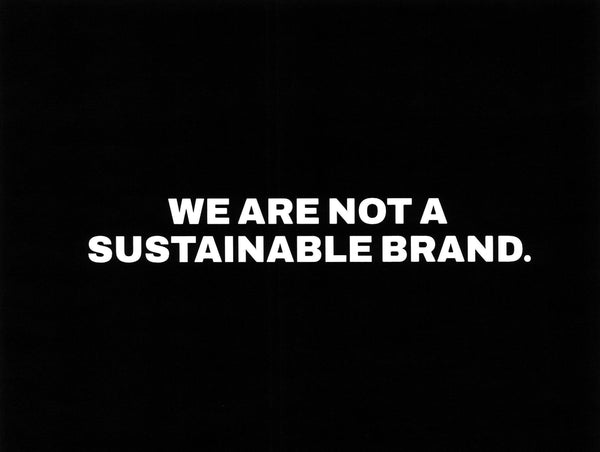

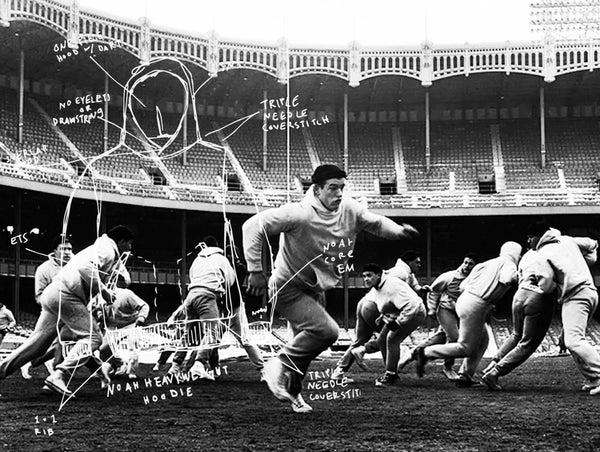

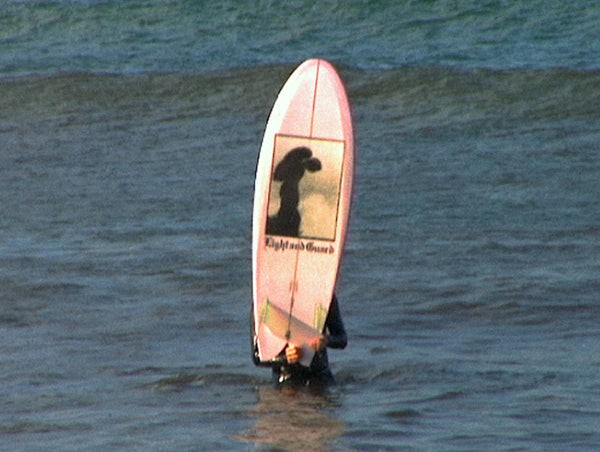









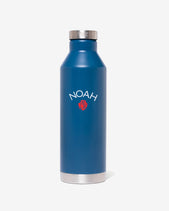
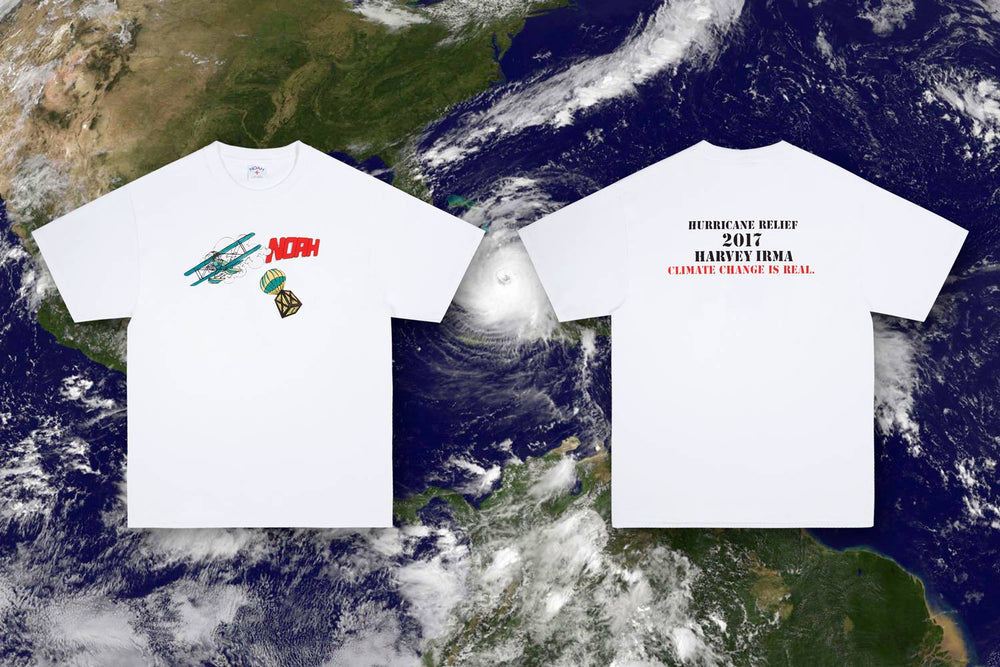
 On Sept. 8, three storms threatened land: from left, Tropical Storm Katia, Hurricane Irma and Tropical Storm Jose, which would intensify into a hurricane.
On Sept. 8, three storms threatened land: from left, Tropical Storm Katia, Hurricane Irma and Tropical Storm Jose, which would intensify into a hurricane.